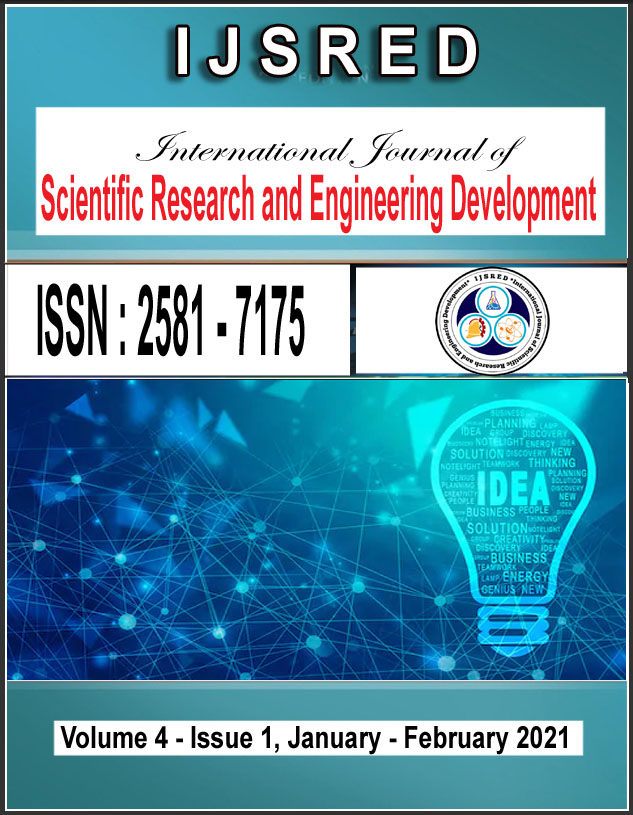 |
International Journal of Scientific Research and Engineering Development( International Peer Reviewed Open Access Journal ) ISSN [ Online ] : 2581 - 7175 |

Prostate Cancer: Facts and Insights
 |
International Journal of Scientific Research and Engineering Development (IJSRED) | |
| Published Issue : Volume-4 Issue-1 | ||
| Year of Publication : 2021 | ||
| Unique Identification Number : IJSRED-V4I1P79 | ||
| Authors : Karan Vanni, Ayesha Farheen, Jyoti Rathi | ||
Abstract :
The occurrence of prostate cancer has shown significant variation all across the globe. In the late 1980s, the number of prostate cancer cases has significantly increased in the United States of America, surpassing the number of lung cancer cases in men. In the United States of America, prostate cancer is the most common cancer affecting men and has the highest mortality rate. Each year approximately 1.6 million prostate cancer cases are reported in men's out of which 366,000 lose their lives battling with this deadly disease. According to the data obtained from Nation cancer registries of India, prostate cancer incidence is increasing in India. It is one of the top ten leading cancer malignancy in India. It is the second most common type of cancer found in men in metropolitan Indian cities like Delhi, Pune, Kolkata, Mumbai, and Bangalore. It usually affects men of 65+ years. But in recent years, there has been a significant increase in cases reported in the age group of 35-45 years. Various factors such as old age, lack of proper nutrition, genetics, obesity, family history, African American ethnicity, etc., influence prostate cancer development. There is significant variation in the occurrence of prostate cancer and its diagnosis worldwide. The incidence and mortality rate of prostate cancer is highest in the age group of 65+ years, and its occurrence is most frequent in the African-American ethnic group. As far as now, there is no evidence on how to prevent prostate cancer, but by following a healthy lifestyle, the risk of cancer can be reduced. This review discusses treatment, diagnosis, and various facts that swing between the parable of myth and prostate cancer's scientific truth. A better understanding of etiology, epidemiology, and risk factors associated with prostate cancer will help prevent early detection and treatment.
